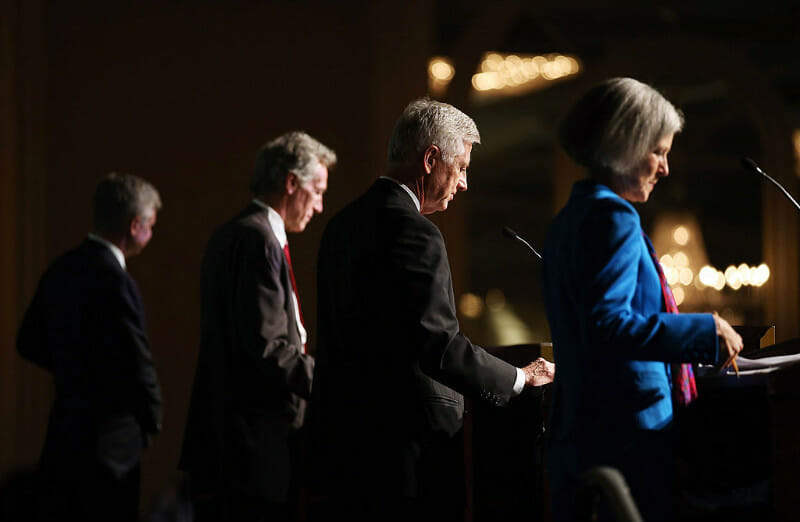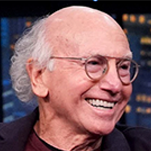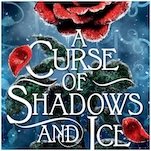America’s Next Party System: The End of the GOP and the Rise of Progressivism
Photo by Scott Olson/Getty
I was in college when I first became acquainted with the concept of political realignments and the party systems model. My professor had the class reading the widely renowned work of political scientists Walter Dean Burnham and A. James Reichley.
The idea is fairly simple: American politics goes through decades-long cycles known as realignments wherein one party system changes into another following a critical election where the incumbent party is utterly rejected by the electorate, and the non-incumbent party is ushered in. Such elections typically come about when there is a major unaddressed issue.
Altogether, political scientists generally agree that there have been six U.S. party systems—the most recent dominated by the Republican Party, which capitalized on the southern backlash to the Civil Rights Act and Voting Rights Act in order to sell the economic ideas of Milton Friedman.
Today, we may be on the cusp of a seventh system; The GOP is on the verge of collapse, and the Democratic Party is splitting.
In a speech at the Republican National Convention, GOP pollster Frank Luntz, said the following of the party’s prospects with the millennial generation:
-

-

-

-

-

-

-

-

-

-

-

-

-

-

-

-

-

-

-

-

-

-

-

-

-

-

-

-

-

-

-

-

-

-

-

-

-

-

-

-








































